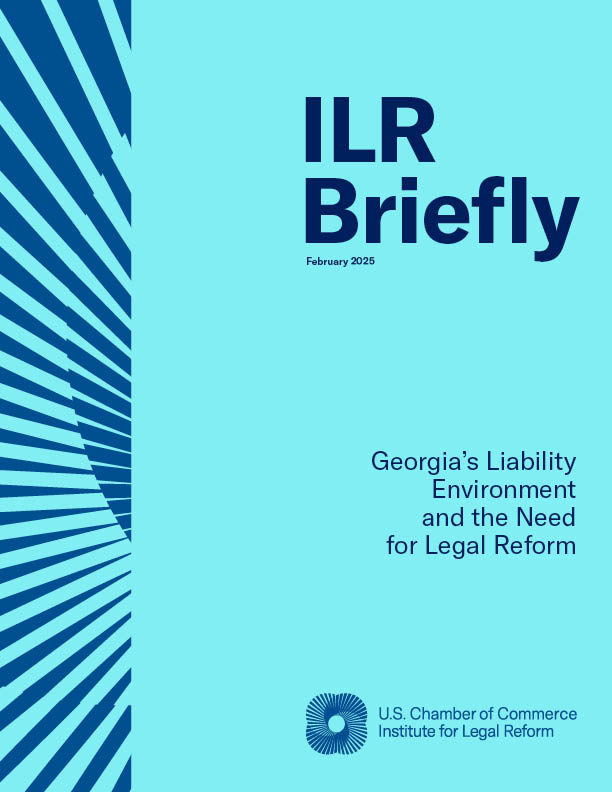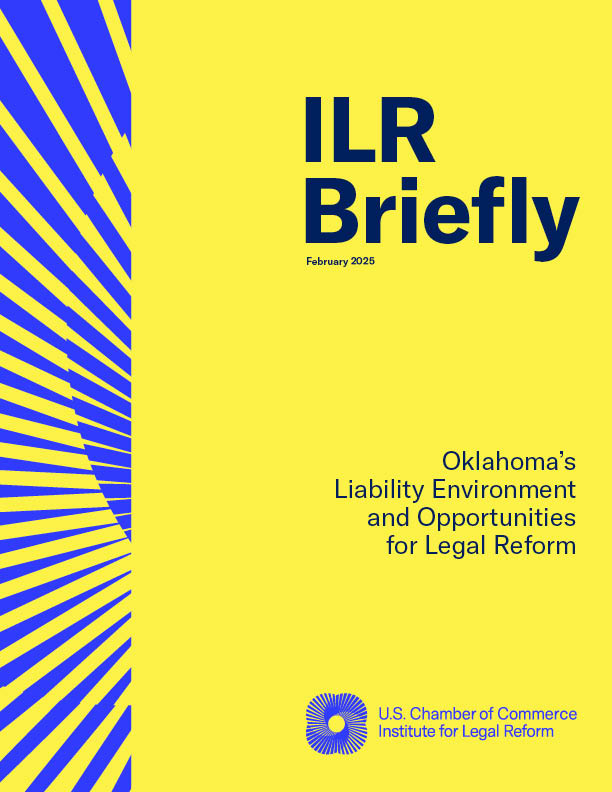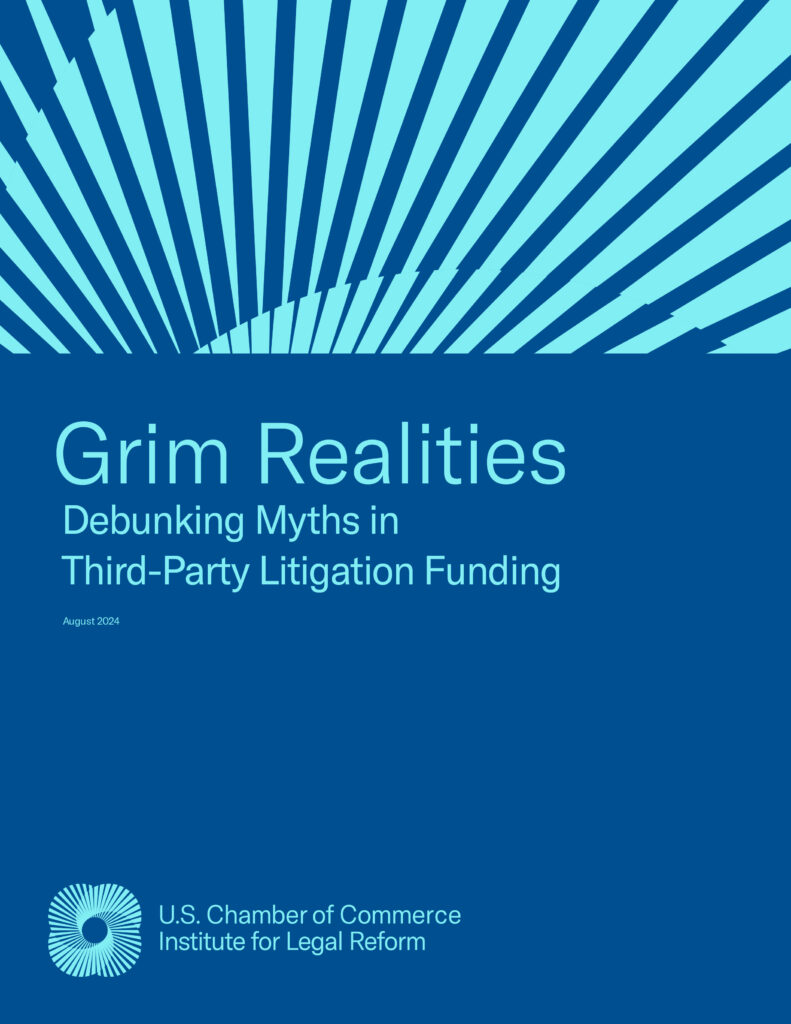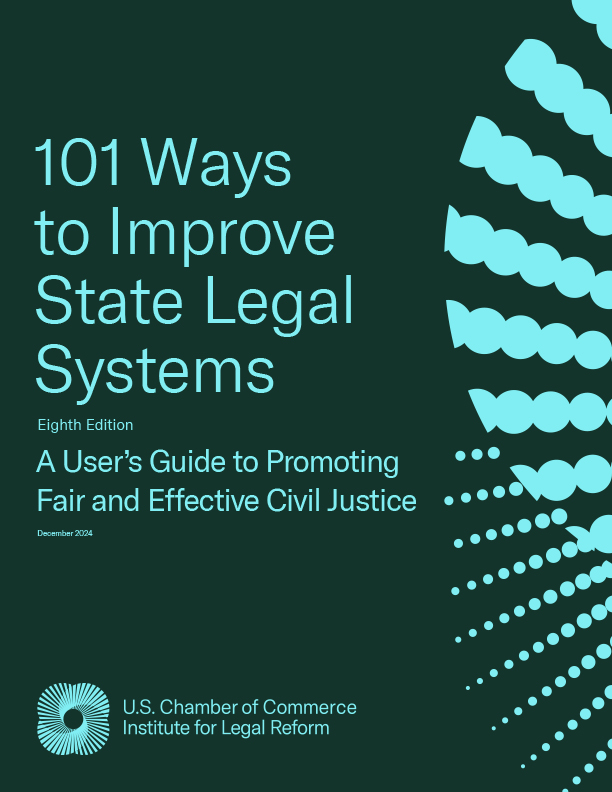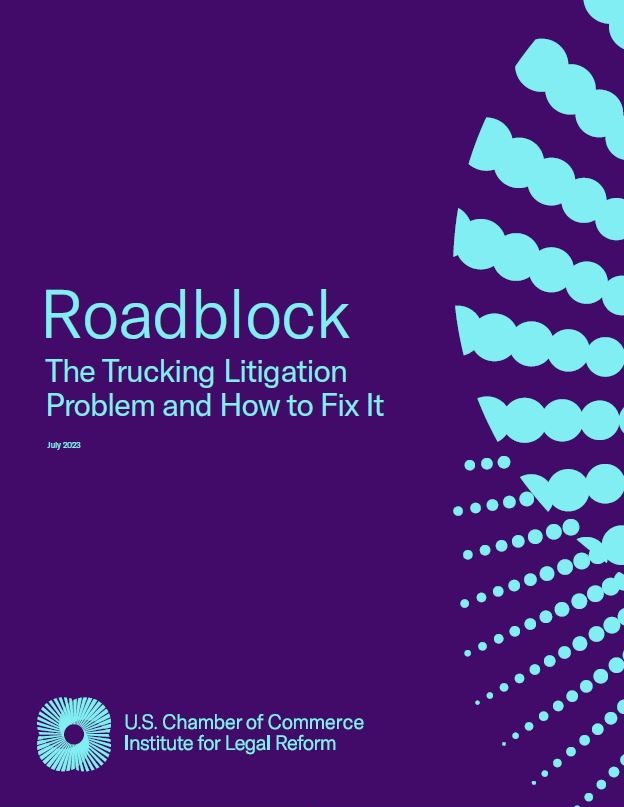Louisiana has taken important steps toward addressing some of the underlying issues that have made the state a challenging liability environment for businesses. However, much work remains to be done. This research paper outlines the recent legislative and judicial history of legal reform in Louisiana, then identifies several areas of opportunity to further improve the state’s litigation climate.
- Adopting modified comparative fault: Moving to a system under which a plaintiff who is primarily at fault for his or her own injuries is not entitled to recovery would align Louisiana with the majority of states and reduce incentives to file meritless lawsuits.
- Eliminating the Housley presumption: Restoring the plaintiffs’ burden to prove causation by a preponderance of evidence will help ensure that claims are grounded in factual support.
- Fighting fraud: Aggressively investigating and prosecuting fraudulent lawsuits, which have been driving up insurance costs across the state.
- Revisiting phantom damages: Building on prior reforms to ensure that compensation for medical expenses is based on amounts actually paid would reduce inflated verdict amounts.
- Curbing prejudicial practices: By eliminating practices like direct negligence claims against employers, especially in cases when liability can be adequately determined by evaluating employee conduct, Louisiana can streamline litigation and reduce the risk of jury bias and nuclear verdicts.
- Doubling down on TPLF safeguards: Louisiana took an important step in 2024 when it placed commonsense limits on foreign litigation funding in state courts. The state can build on that momentum by insisting on transparency and litigant safeguards for all third-party litigation funding agreements.
